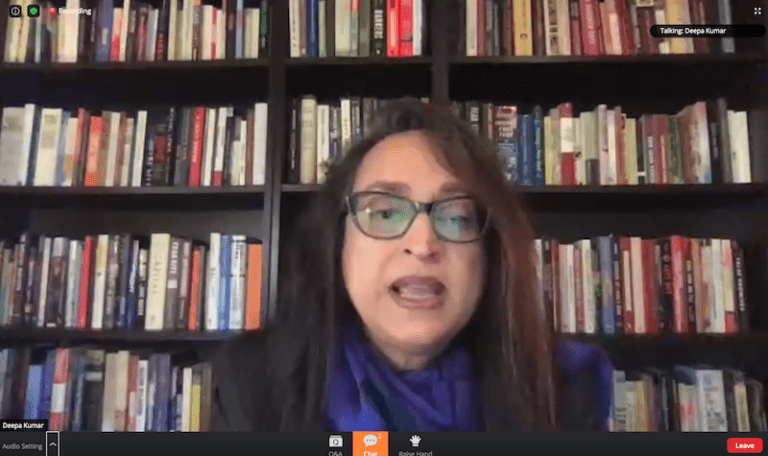By Eleanor J. Bader, Truthout | Report
Not surprisingly, when graduate students heard that the Republican tax bill included a provision to tax tuition waivers, most became both upset and angry. But rather than despair, they organized. On campus after campus, in city after city, they mobilized to protest the 2017 bill. Their concerns extended beyond the injustice of taxing in-kind financial aid incentives as income, to include a broader progressive agenda: opposing racism, sexism, classism and homophobia; denouncing corporate tax giveaways; fighting the growth of anti-intellectualism; and countering attacks on publicly funded education.
Austin A. Baker, a Ph.D.-level philosophy student at New Jersey’s Rutgers University, joined students from Drexel University, the University of Pennsylvania and elsewhere to oppose the proposed measure. “If the tuition waiver portion of the tax bill had gone through — thankfully, it did not end up in the final draft — it would have made Ph.D. programs completely out of reach for working-class students and students from low-income communities,” Baker said. “We could not let this happen. Those of us who are required to teach undergraduates as part of our training understood that our students deserve to have mentors who are racially, sexually and class diverse. This is something we’re committed to.”
Although Baker knows that protecting campus diversity will be an ongoing struggle, she and her peers see union membership as the best way to support progressive pedagogy and improve working conditions for graduate students and university staff. Furthermore, as part of the American Association of University Professors-American Federation of Teachers (AAUP-AFT), students at Rutgers see the union as a viable vehicle through which to oppose Trump’s corporatist agenda.
[…]Unions Are Game-Changers
Sudip Bhattacharya, a doctoral candidate in political science at Rutgers, is a case in point. Bhattacharya has funding — a fellowship stipend of $25,000 a year — for four years, plus a tuition waiver. Thanks to family support, Bhattacharya says that he gets by fairly easily. Nonetheless, he is aware that students who don’t have family backing, or who have children to care for, live far more precarious lives. “The cost of living in New Jersey is very high,” he told Truthout. “The union has pushed economic issues so that people can live a decent life.”
That said, Bhattacharya emphasizes that the Rutgers bargaining unit is involved in more than just bread-and-butter concerns. “We want to create real change on campus,” he said. “This includes paying people a livable wage, improving health care access, increasing the number of faculty of color, and fighting against attacks on civil, political and social rights. Our union, [AAUP-AFT], looks beyond what we need at Rutgers to look at the wider picture of what society needs. We address the harm that is being done to poor and working-class students, the harm to our environment, and the harm caused by things like the Muslim ban and attacks on undocumented students.”
More>>




